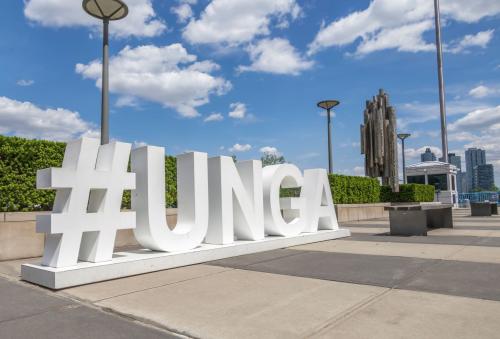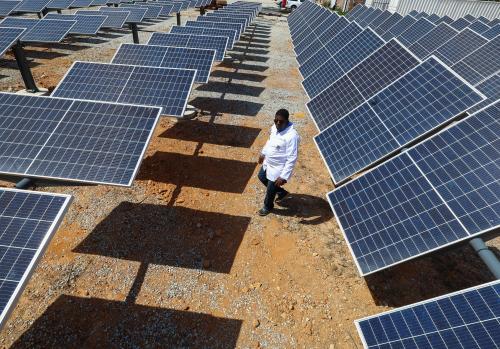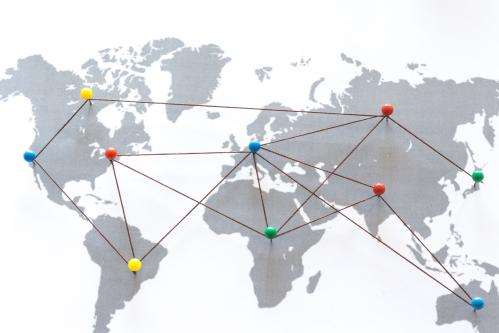Tomorrow in Chicago, President Obama will roll out phase two of his administration’s signature food security initiative, Feed the Future. In order to underscore the importance that he attaches to this flagship program, Obama has invited the leaders of Ethiopia, Benin, Tanzania and Ghana – which are all key Feed the Future partner countries – to participate in the G-8 meeting on Saturday at Camp David.
There is no question that food security deserves to be discussed as a priority at the G-8. One-quarter of the people in sub-Saharan Africa are undernourished and one-third of African children are stunted in their development. As Helen Clark, the administrator of the U.N. Development Program notes in Toward a Food Secure Future, the first ever Africa Human Development Report, “the silent crises of chronic malnourishment and seasonal hunger do not receive nearly enough attention.”
President Obama was influential in persuading the G-8 leaders to focus on food security at the 2009 G-8 meeting in L’Aquila, Italy where world leaders pledged $20 billion over three years to address the problem. The U.S. itself committed to invest $3.5 billion.
In addition to building on Feed the Future, which reportedly will include a major private sector initiative, President Obama will face several challenges over the next two days related to food security.
The first will be to convey a sense that Feed the Future is beginning to have an impact in reducing malnutrition, increasing crop yields and increasing national and private sector investments in agriculture. Even though this program has the potential to significantly improve food security in the region, the results have yet to be realized by the intended beneficiaries.
A second challenge will be to ensure that the financial commitments made in 2009 by the G-8 partners are being honored. Finally, any new commitments and programs need to be accompanied by clear bench marks so that progress can be measured and accountability assured.
President Obama is to be applauded for reversing a long downward trend in U.S. attention to global food security issues. Putting in place initiatives that make a qualitative and sustainable difference is the other half of the battle.



Commentary
The Other Half of the Battle: Obama, the G8 and Food Security in Africa
May 18, 2012